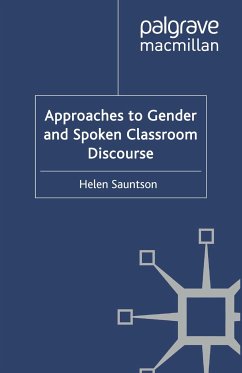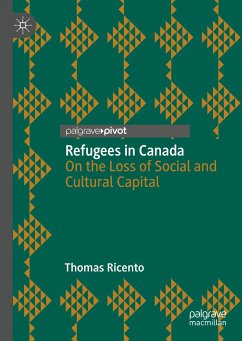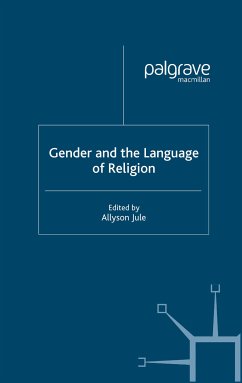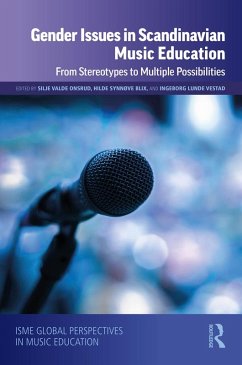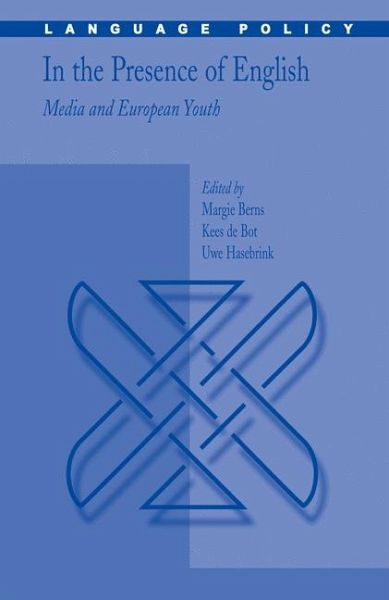
In the Presence of English: Media and European Youth (eBook, PDF)
Versandkostenfrei!
Sofort per Download lieferbar
72,95 €
inkl. MwSt.
Weitere Ausgaben:

PAYBACK Punkte
36 °P sammeln!
In the Presence of English: Media and European Youth is the realization of a project first conceived in 1991 in Hamburg, Germany where Uwe Hasebrink, Ewart Skinner, and Margie Berns, with their respective specializations in media studies, international communication, and world Englishes, met and discovered intersecting interests. In that meeting they sketched out plans for a questionnaire survey to be distributed in Hamburg schools that would investigate secondary school pupils access to and use of media, their access to and use of English, and their attitudes concerning these and related topi...
In the Presence of English: Media and European Youth is the realization of a project first conceived in 1991 in Hamburg, Germany where Uwe Hasebrink, Ewart Skinner, and Margie Berns, with their respective specializations in media studies, international communication, and world Englishes, met and discovered intersecting interests. In that meeting they sketched out plans for a questionnaire survey to be distributed in Hamburg schools that would investigate secondary school pupils access to and use of media, their access to and use of English, and their attitudes concerning these and related topics. A year later several hundred young people in selected schools completed the questionnaire. The findings from this initial investigation appeared in a book chapter by Hasebrink, Berns, and Skinner (1997) and were reported on at conferences in North America and Europe. Eventually Kees de Bot (The Netherlands) was inspired to join Berns and Hasebrink (Ewart Skinner had moved on to other projects). Eventually we decided to extend and refine the project by building upon its interdisciplinary and international potential. From this point on the study gained increasing momentum and scope and individual team members contributed variously to what became a major undertaking. The size and complexity of the project made it not only time intensive, but time extensive as well. With limited sources of financial support, progress was slow, at times arduous, and the gap between data collection and finished manuscript was greater than anticipated. Distribution of labor among us kept the task manageable.
Dieser Download kann aus rechtlichen Gründen nur mit Rechnungsadresse in A, B, BG, CY, CZ, D, DK, EW, E, FIN, F, GR, HR, H, IRL, I, LT, L, LR, M, NL, PL, P, R, S, SLO, SK ausgeliefert werden.




